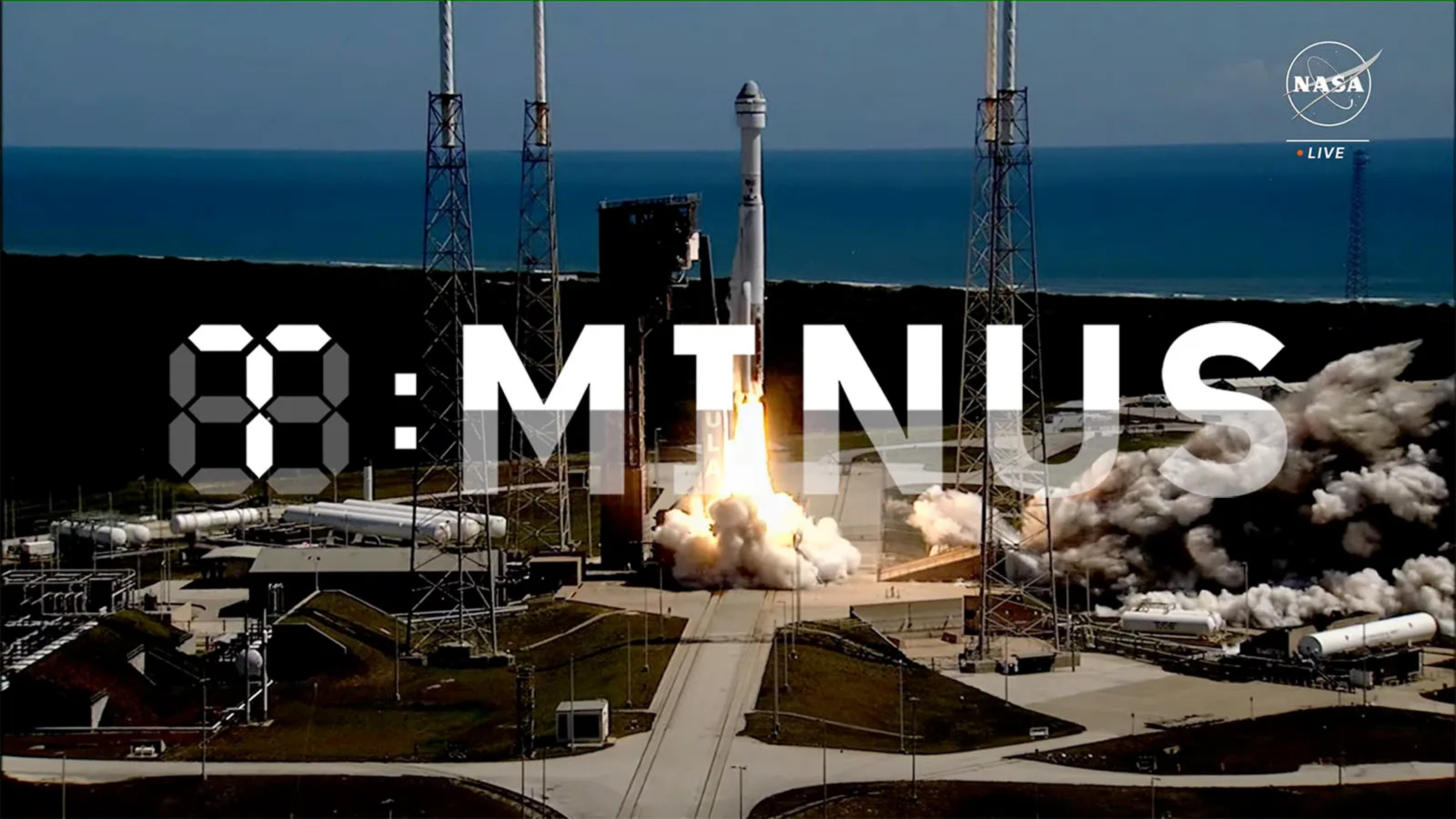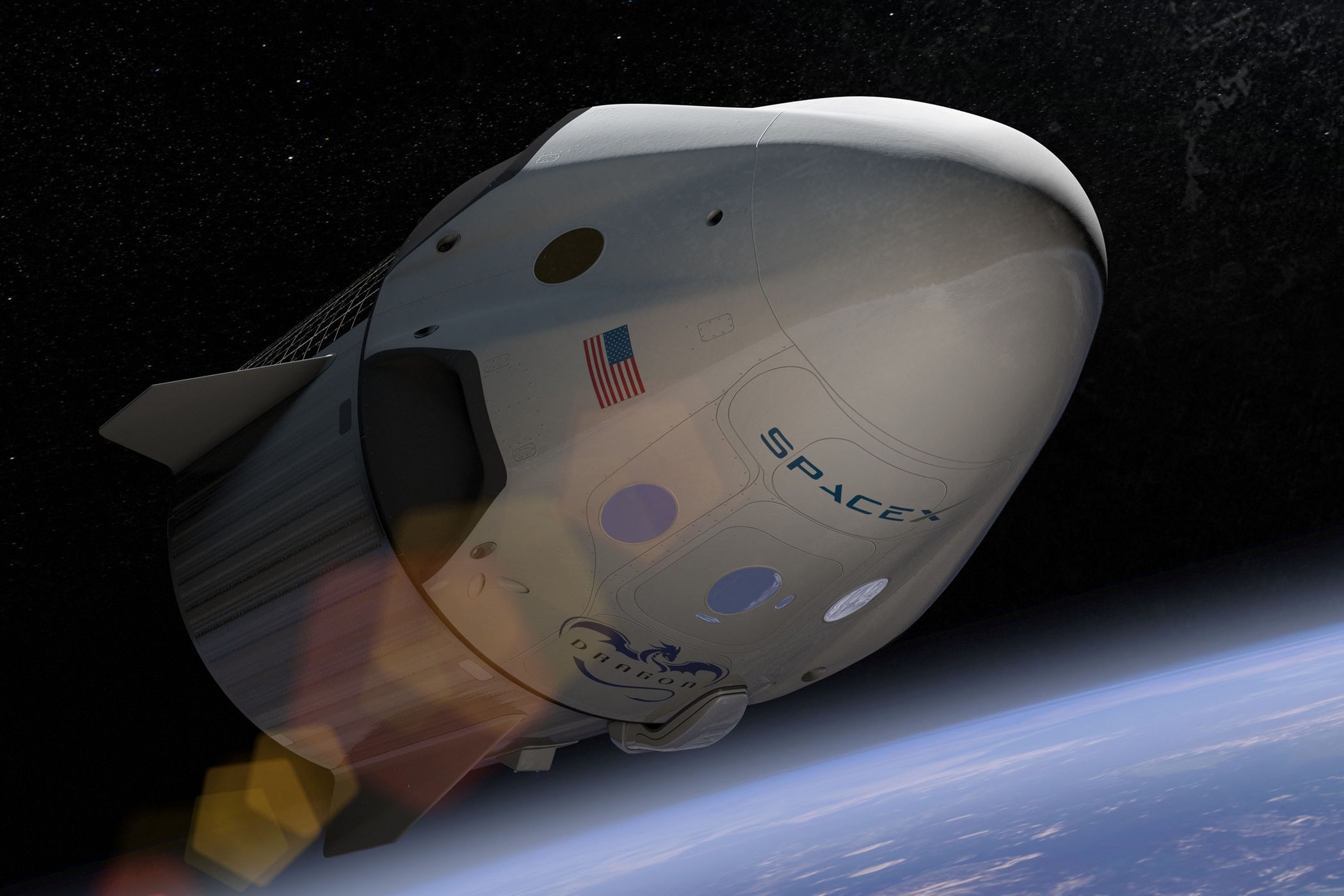NASA’s Michelle Thaller defines the special relationship between Elon Musk and the venerable American space agency. A lot of people don’t realize that NASA is one of SpaceX’s major customers. Thaller shares her prediction of what it will take to get people to Mars, including what role Musk will play in that effort.
Michelle Thaller: Hey Justin, you ask a really neat question about Elon Musk. There have been wonderful things that he’s been talking about colonizing Mars, obviously putting a Tesla in space, which is playing David Bowie, which I love. He’s a really wonderful person and an inspiration to a lot of us. And one of the misconceptions that a lot of people have is that federal space programs like NASA and commercial space programs like SpaceX run by Elon Musk are in some type of a competition. I am a fan of all things space and one of the things that has been so fun for me in the last few years is the collaboration between those two different realms of space travel. For example, NASA routinely buys SpaceX rockets to put our payloads and our satellites up into space. And that means that as a NASA scientist I’ve gotten to go to several launches and landings of these Falcon rockets. And that’s amazing. It used to be that you would go to a launch and a big rocket would go off and everybody would cheer and then you would get in your cars and you’d drive home and it was all done, the amazing thing now is seven minutes later everybody just walks to the other side of the building and watches the first stage of that rocket land. And that is something that is mind blowing. Your eyes basically it does not compute you cannot believe what you are seeing because this giant thing comes down from space faster than you can imagine. And this is something that’s a several story high building it’s a big thing it comes careening down and just before it gets to the ground it stops, settles down and then gently lands.
And one of the things that I love is that you don’t even hear the sonic boom until after you see it land. You watch this thing come careening down then stop, land gently and then you hear boom, boom because it broke the speed of sound coming in. And that is something that I am just really amazed I lived to be able to see. I love SpaceX and I love NASA’s collaboration. I think what a lot of people don’t realize is that NASA is one of SpaceX’s major customers. We actually buy the rockets and we’d even paid for some of the development of the rockets as well. So it was never a question of one or the other, it was the idea is that we’re collaborating the more companies going into space, hey the better for us the lower the cost of the rockets and the more efficient an industry we have and hopefully the more people that think space travel and space exploration are good things.
Then there are the questions about whether Elon is going to build a giant rocket that can take hundreds of people to Mars, and this is something that as a scientist I am naturally skeptical person that’s how I was trained, right now what I see is a really cool idea it reminds me a lot of my favorite science fiction stories, but it’s basically just that, an idea. I think there’s a long way to go before we actually see any significant colonization, any significant number of people going to Mars. First we need to get one single person to Mars or a small team of people. And that is something that has proven very, very difficult. It’s not so much a question that we can’t build rockets to take us there because even today we have rockets that might have the capability of doing that, the problem is how you would keep a crew of people alive for the journey to Mars and then also alive on the surface and get them back. That would be very expensive and because the astronauts would not be protected from the radiation of space right now we really don’t know how to keep them alive. It’s not impossible, there’s a lot of work that can be done, but when I see people thinking that SpaceX is almost ready to send people to Mars that’s where I have a bit of a wait and see attitude. I would love to see people on Mars. I would love to see SpaceX take people to Mars. I think the Tesla up there heading out toward the asteroid belt is so cool. But, there’s a long way to go and it’s not easy.
I think we’re not going to get there from a single company or a single nation. I think that for something as large as a mission to Mars we need to collaborate on a global scale, work with the Europeans, work with other emerging space markets, maybe work with several different companies not just one. It’s not a single entity, it’s a planet going out and exploring something as big as colonizing Mars. I mean it’s an amazing civilization scale activity. I am somewhat skeptical that in my lifetime I will see people walking on Mars. I hope we do. I’m not holding my breath.






